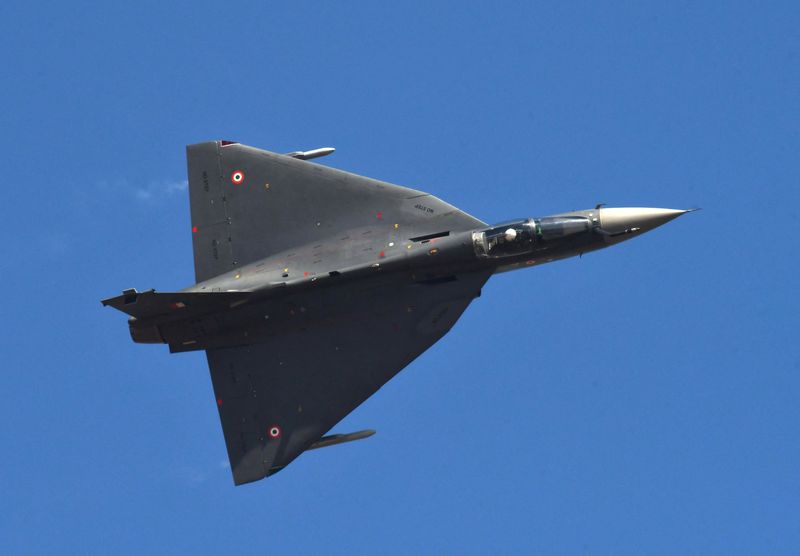By Trevor Hunnicutt, Krishn Kaushik and Rajesh Kumar Singh
WASHINGTON/NEW DELHI (Reuters) - The Biden administration is poised to sign off on a deal that would allow General Electric (NYSE:GE) Co to produce jet engines powering Indian military aircraft in that country, according to three people briefed on the decision.
A deal finalizing the joint production of the engines is expected to be inked and announced by the time President Joe Biden hosts Indian Prime Minister Narendra Modi for an official state visit on June 22, the people said on condition of anonymity because the decision has not been made public.
The White House, which said in January that it had received the application to jointly produce the engines in India, declined to comment. GE did not immediately respond to a request for comment.
Washington is working to deepen ties with the world's largest democracy and sees deeper military-to-military and technology ties with the South Asian country as a key counterweight to China's dominance in the region.
India, the world's largest arm importer, depends on Russia for nearly half its military supplies, and has bought fighter jets, tanks, nuclear submarines and an aircraft carrier over the decades.
New Delhi has frustrated Washington by participating in military exercises with Russia and increasing purchases of the country's crude oil, a key source of funding for Moscow's war in Ukraine.
India's state-owned Hindustan Aeronautics Ltd (HAL) had previously said it planned to use the GE-manufactured 414 engine on a second generation of light-combat aircraft and that it was in talks over domestic production of those engines.
The deal is not finalized and also requires notification to the U.S. Congress, according to two of the people briefed on the arrangement.
Washington maintains strict controls over what domestic military technology can be shared or sold to other countries.
A broader joint partnership between the United States and India announced earlier this year is designed to encourage companies from both countries to collaborate, especially on military equipment and cutting-edge technology.
While GE has offered some transfer of technology to HAL, which will produce the engines as a licensed manufacturer, India is pushing for more technology to be shared, according to one of the people with knowledge of the conversations.

India is keen to get the know-how to make aircraft engines. Though it can manufacture fighter jets domestically, it lacks the ability to produce engines to power them.
HAL is using a lighter GE engine for the 83 light combat aircraft it is manufacturing for the Indian air force. However, India intends to produce more than 350 fighter jets for its air force and navy over the next two decades, which could be powered by the GE 414.